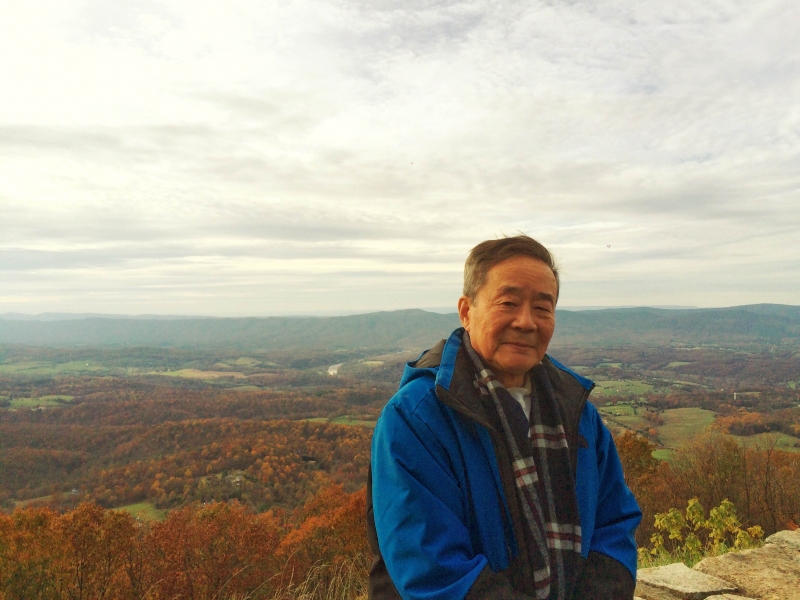
The Fund for American Studies mourns the passing of renowned human rights activist Harry Wu. In 1997, TFAS awarded Wu its Walter Judd Freedom Award, which recognizes individuals “who have advanced the cause of freedom in the United States and abroad, are devoted to the preservation and expansion of freedom, influential in world and national affairs, and are outspoken voices against tyranny and oppression.”
Born in China in 1937, Wu spent 19 years as a political prisoner in Chinese labor camps known as Laogai for his “crime” of criticizing the Soviet Union and the Chinese Communist party. Six years after his release, Wu had the opportunity to come to the United States through a teaching fellowship at the University of California Berkley. After building a new life in America and steering clear of politics, he eventually started telling the story of his imprisonment because he felt he was “being the voice for the many seemingly forgotten prisoners who had died.”
Wu eventually published “Laogai: The Chinese Gulag” in 1992, popularizing the Chinese meaning of the word Laogai, which translates as “reform through labor.” In 1994, he published “Bitter Winds: A memoir of my Years in China’s Gulag.”
In 1992, Wu established the Laogai Research Foundation, a nonprofit research and public education organization, considered a leading source for information on China’s labor camps. In addition, the center’s stated purpose is to also “document and publicize other systemic human rights violations in China, including…the coercive enforcement of China’s ‘one-child’ population control policy, and internet censorship and surveillance. The foundation opened a Laogai Museum in Washington, D.C. in 2008.
In a 2001 interview with WorldNetDaily.com, Wu said, “You see, freedom is priceless. I had it, then lost it. Then I finally got it back. You cannot understand what it means to have freedom unless you have lost it. Freedom is quite simple. You can say what you want and go where you want to go.”

